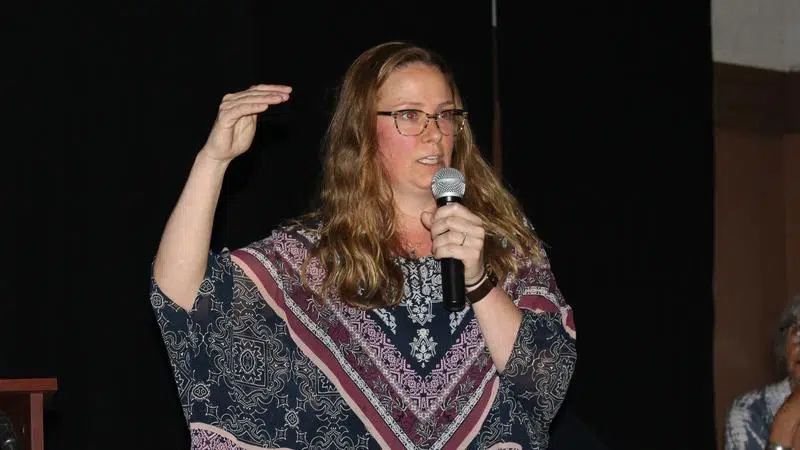
CAMP launches survey to gauge local perception about alcohol
Members of the Lac La Ronge Regional Community Alcohol Management Plan (CAMP) committee want to know if alcohol should be prohibited at youth events like the annual Elks Fair.
It’s one of about 20 questions included in the committee’s winter 2019 survey, which seeks to collect data to be used for the purpose of alcohol management planning. Some of the other questions include whether or not taxi companies should stay open as late as liquor establishments, if liquor vendors should be monitored more closely for compliance with provincial and municipal laws, and if a managed alcohol program, also known as a wet house, should be opened in the tri-communities.
“The third survey was approved by consensus of the CAMP committee and again attempts to gather information on citizens’ perceptions of alcohol-related harm, suggestions for action, and support of pieces of the plan that have either been implemented or are outstanding,” CAMP provided to larongeNOW in a written statement. “The first alcohol management planning survey was administered March to May of 2016 as one consultation tool to gather community input into a five-year community alcohol management plan that was formally endorsed by the village, the town and Lac La Ronge Indian Band June/July 2016.”


